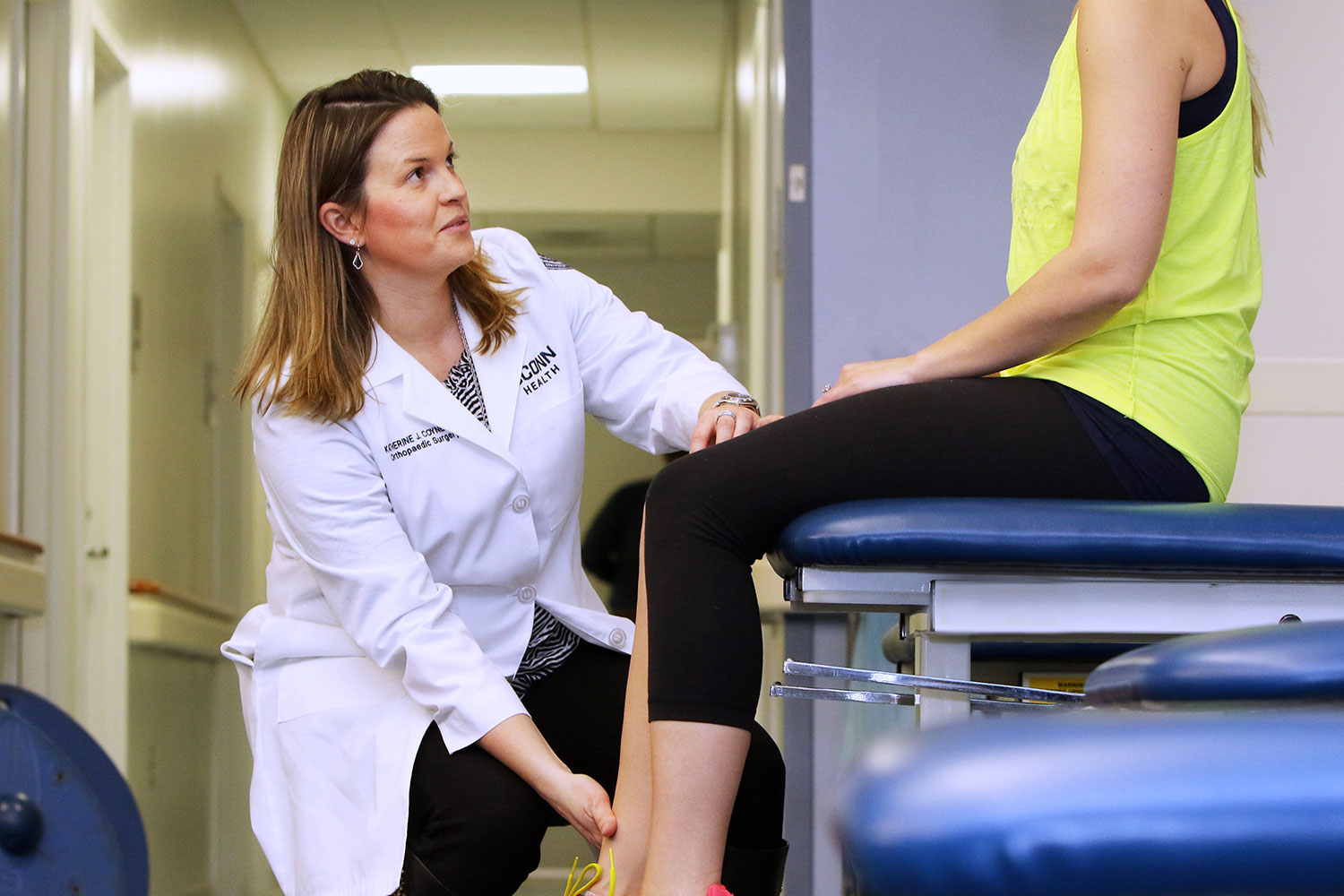In Hot Topics posts, UConn experts comment on current events and issues unfolding in the news.
New accounting guidelines released for public comment Monday by the International Accounting Standards Board (IASB) and the U.S. Financial Accounting Standards Board (FASB) are expected to lead to an overhaul of the standards for financial reporting of revenue that will increase consistency in accounting across industries and across nations.
“Revenue is the top line, and it is important to every business,” said the chairman of the IASB, Hans Hoogervorst, in a news release on Nov. 14.
Since its formation in 2001, the IASB has been working with the FASB to align accounting practices in the United States with worldwide accounting guidelines, in an effort they call “convergence.”
Releasing the proposed guidelines for public review is a big step closer to convergence, according to Larry Gramling, assistant head of UConn’s accounting department in the UConn School of Business.
Gramling has been a faculty member in the business school since 1980; has published widely; and has served as president of the Connecticut Society of Certified Public Accountants (CSCPA), and has chaired its Peer Review and Strategic Planning Committees. He specializes in financial accounting and auditing.
Q: What is the central issue the IASB and FASB want to address with these new guidelines?
A: The main thing the IASB and FASB are working towards is convergence. It is important because in the United States, the FASB has certain accounting guidelines for each industry, so when these new guidelines have been reviewed and adopted it will help make accounting practices more consistent across industries and nations.
Q: Are there any business scandals that have prompted the effort to converge accounting practices?
A: While it is true that the IASB began working with the FASB around the time that Enron collapsed, for example, that was a coincidence. They are mainly working to standardize the way that revenue is reported.
Q: What happens during this phase when the guidelines are open to public review?
A: Public review of the proposed guidelines can occur until March 13, 2012. Over the next four months, FASB will get maybe thousands of letters from accounting firms, analysts, and practicing accountants making suggestions to change the draft. The FASB will then go back and make any changes they feel are needed before it will be adopted.
Q: Will this affect accounting practices right now?
A: Any accountant working right now will not be affected. The important thing about this public review is what will happen in a year or so, as new guidelines are adopted and put into place.
Q: Is this considered a potentially big overhaul in accounting guidelines?
A: The key point here is the movement towards convergence. This has been something that the IASB and FASB have been working towards for several years. As anyone who has taken a basic accounting course knows, revenue is the top line on financial statements, so this movement to make revenue more consistent is very important. Public review is a big step in the process.
Contact information for members of the media:
Lawrence J. Gramling, Ph.D., CPA
Associate dean for undergraduate programs, School of Business
University of Connecticut
Phone: 860-486-0520
Email: Larry.Gramling@business.uconn.edu



